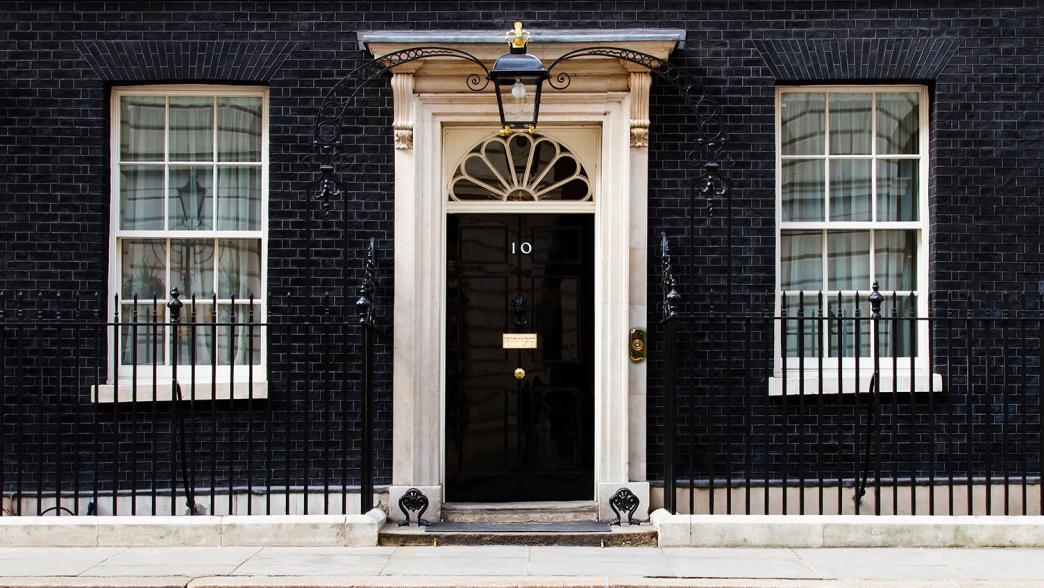Power with purpose: Final report of the Commission on the Centre of Government
Why the centre of government has failed successive prime ministers – and seven recommendations for radical reform.

The final report of the Institute for Government’s Commission into the Centre of Government finds that No.10 Downing Street, the Cabinet Office and the Treasury are not institutions capable of meeting the challenges facing the United Kingdom in the 2020s and beyond.